Politics
Trump Faces Yet Another Legal Defeat
By Jake Beardslee · October 8, 2025

Appeals Court Upholds Lower Ruling
A federal appeals court has once again ruled against President Donald Trump, blocking his administration’s attempt to restrict birthright citizenship. The First Circuit Court of Appeals upheld a lower court’s injunction preventing enforcement of Trump’s January executive order, which sought to end automatic citizenship for children born in the United States to noncitizen parents. The White House / Wikimedia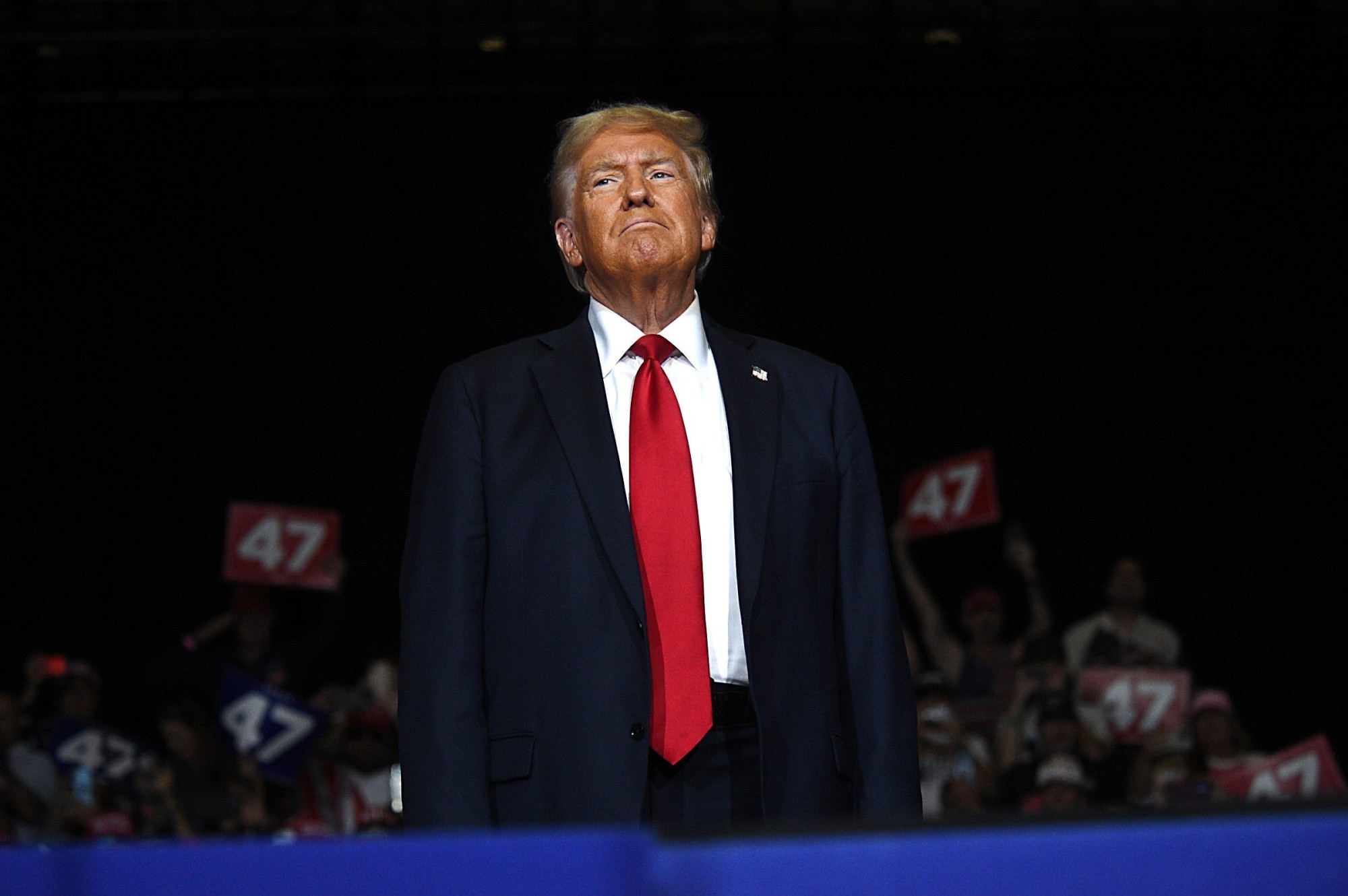
Violation of the 14th Amendment
In its 100-page decision, the three-judge panel found that the executive order directly violated the 14th Amendment. The amendment, ratified in 1868, guarantees citizenship to “all persons born or naturalized in the United States.” The court wrote that Trump’s action violated the Constitution’s 14th Amendment by making citizenship contingent on parental status rather than birthplace. ASON BEAN/RGJ / USA TODAY NETWORK via Imagn Images
Historical Precedent and Constitutional Tradition
The ruling emphasized the long-standing precedent of birthright citizenship in U.S. history. “The ‘lessons of history’ thus give us every reason to be wary of now blessing this most recent effort to break with our established tradition of recognizing birthright citizenship,” the court stated. The opinion referenced landmark cases such as Dred Scott v. Sandford and United States v. Wong Kim Ark, calling prior attempts to limit citizenship “not a proud one.” Wesley Tingey / Unsplash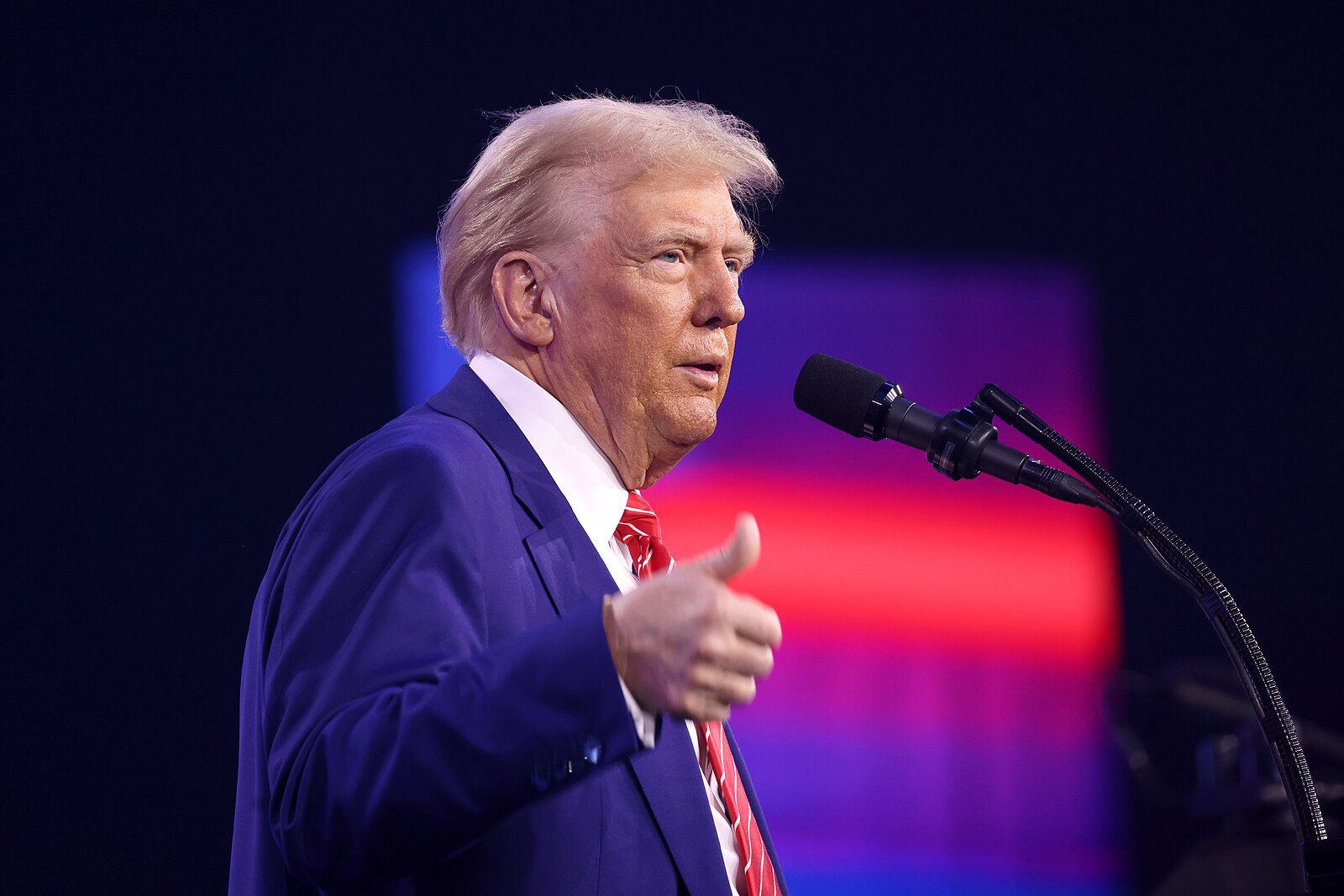
Parallel Court Challenges
This is the fifth federal ruling in recent months blocking Trump’s order. Similar cases are ongoing in multiple jurisdictions, all contesting the administration’s interpretation of the 14th Amendment. So far, none of these courts have sided with the White House. Gage Skidmore from Surprise, AZ, United States of America, CC BY-SA 2.0 https://creativecommons.org/licenses/by-sa/2.0, via Wikimedia Commons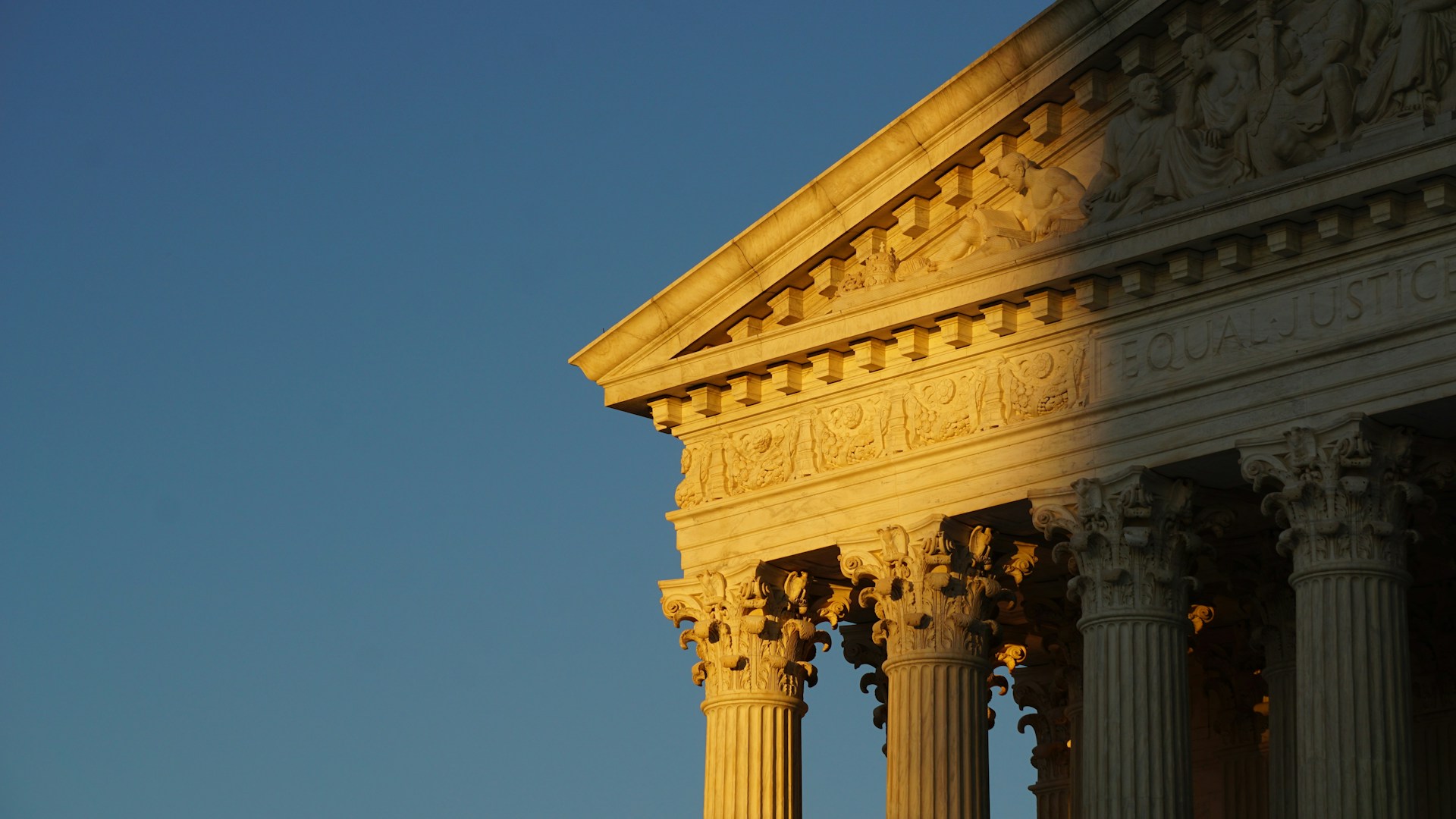
Administration Seeks Supreme Court Review
The Department of Justice has petitioned the U.S. Supreme Court to determine whether the executive order is constitutional. The administration hopes the high court, which began its new session in October, will overturn the appellate rulings. Ian Hutchinson / Unsplash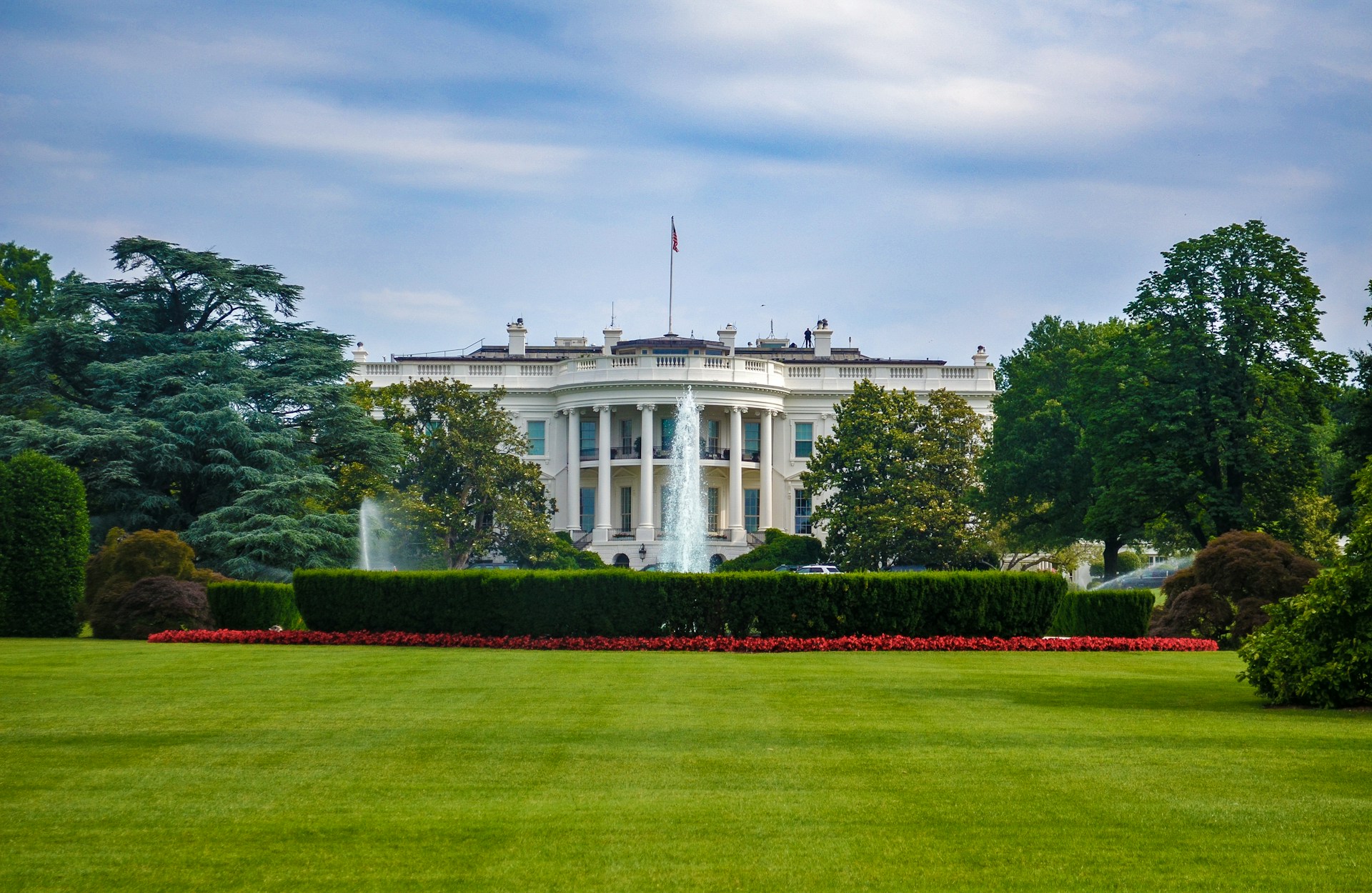
White House Response
White House spokesperson Abigail Jackson criticized the appeals court, saying the judges were “misinterpreting the 14th Amendment.” She added, “We look forward to being vindicated by the Supreme Court.” David Everett Strickler / Unsplash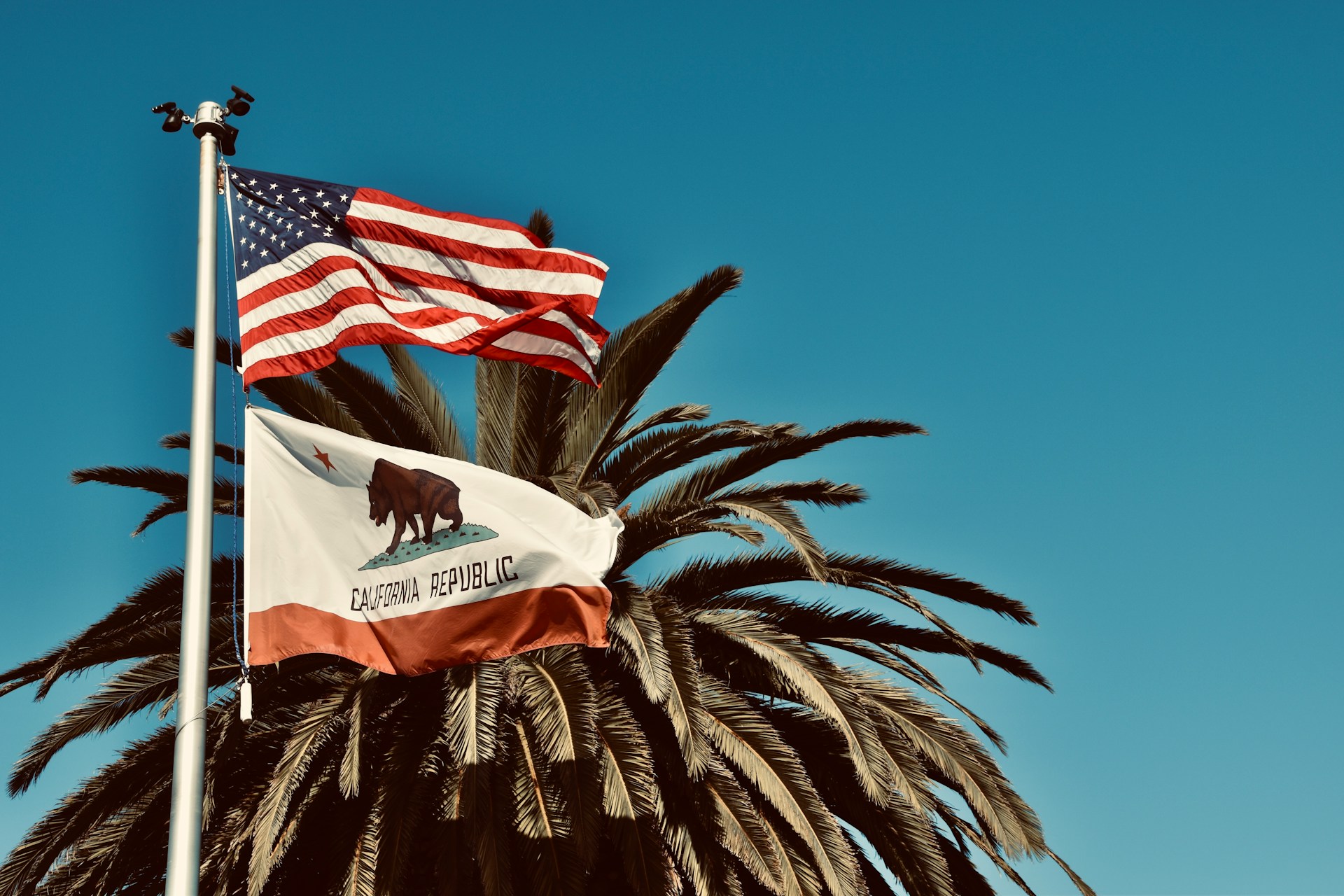
California’s Role in the Lawsuit
California is one of 20 states that filed lawsuits challenging the executive order. Attorney General Rob Bonta hailed the decision, saying it “upholds a nationwide injunction in our lawsuit challenging the president’s attempt to end, with the stroke of a pen, the constitutional right to birthright citizenship.” Lesli Whitecotton / Unsplash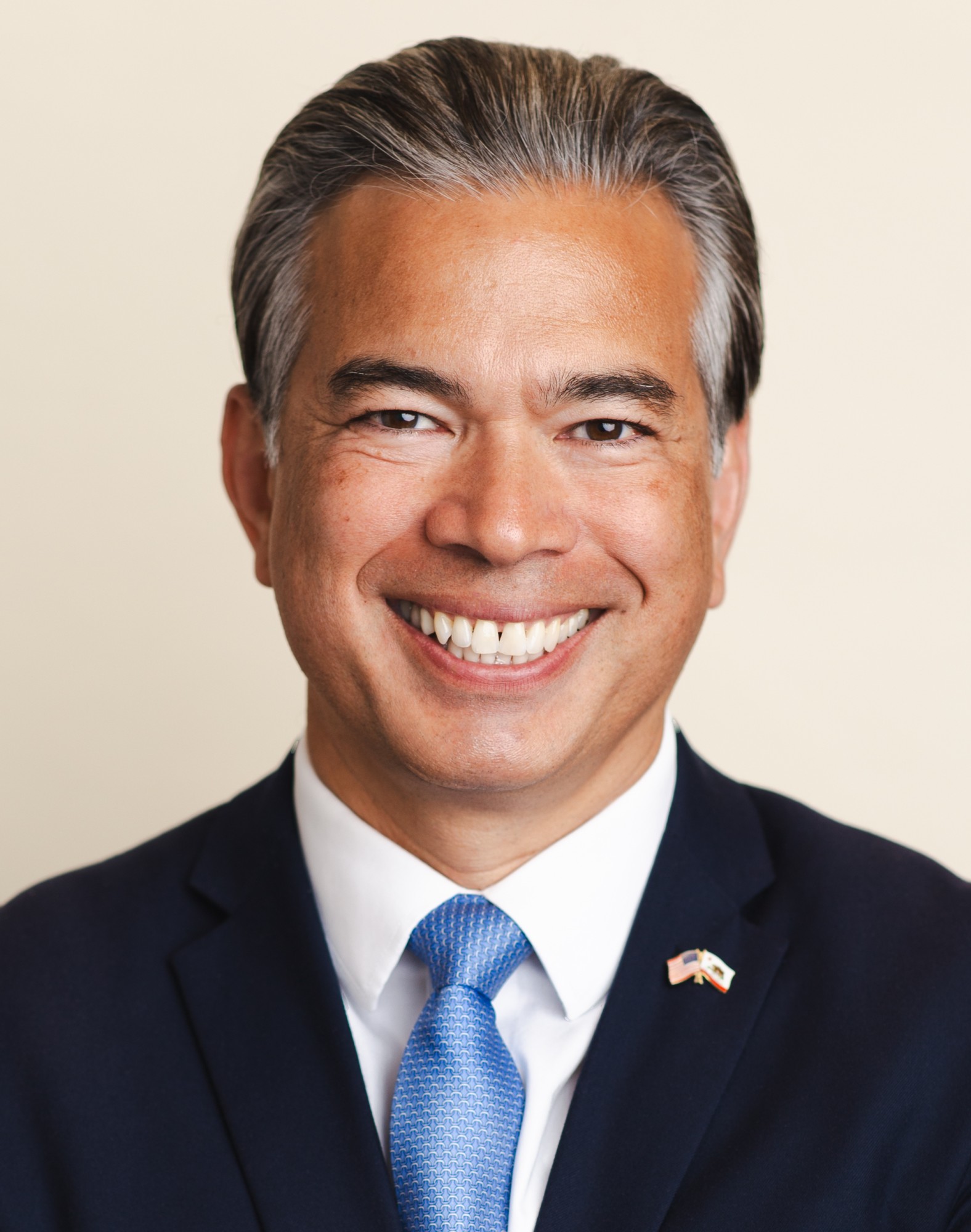
Bonta’s Continued Opposition
Bonta pledged to continue fighting against Trump’s measure, stating on X (formerly Twitter) that California “will continue to oppose this executive order until the president’s attempt to unmake the Constitution is blocked completely.” Douglas Despres, California Attorney General's Office / Wikimedia
Broader Legal Context
The First Circuit’s decision aligns with other recent rulings curtailing executive overreach. Courts across the nation have cited similar constitutional arguments, reinforcing that birthright citizenship is not subject to presidential discretion. Sora Shimazaki / Unsplash